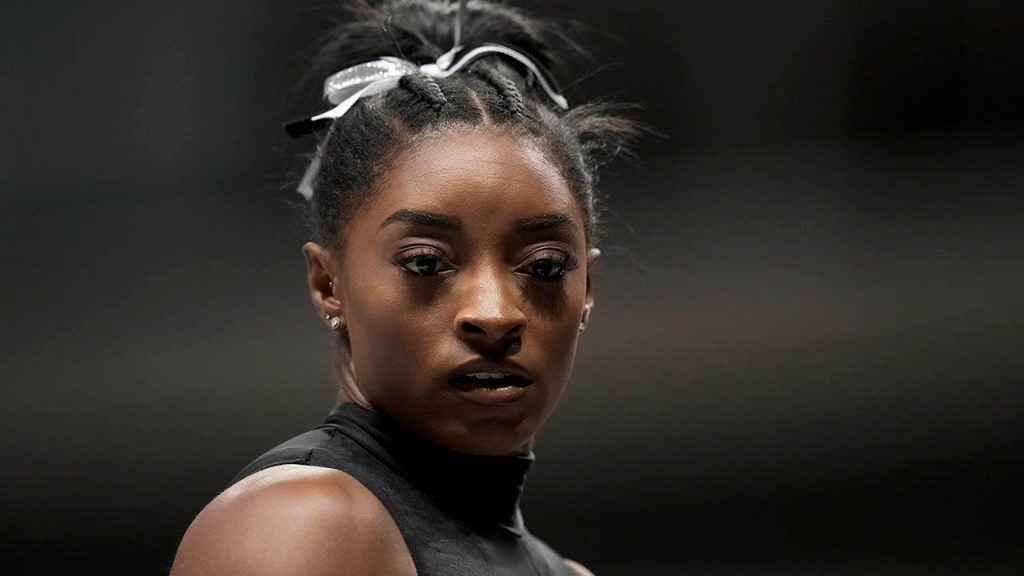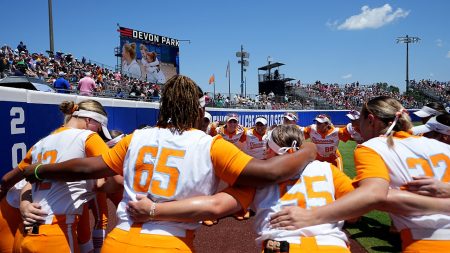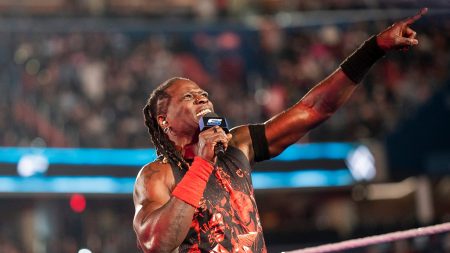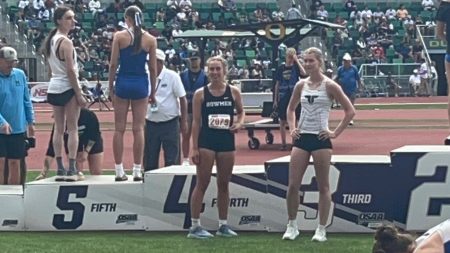Simone Biles stands as one of the preeminent figures in gymnastics, celebrated for her remarkable achievements, including winning multiple Olympic gold medals. Recently, however, Biles opened up about the challenges she faced upon returning to training after a successful Olympic campaign. Following the Paris Olympics, where she triumphed with her fifth, sixth, and seventh gold medals, Biles chose to take a break from her rigorous training routine. She recently resumed her workouts but described her first experience back as daunting, particularly her attempt at Pilates—a form of exercise she found excessively challenging. On her social media, she candidly shared her struggles, humorously noting that the Pilates class was not an experience she intended to repeat.
Pilates, created by Joseph Pilates, is centered around enhancing flexibility and building muscle strength through a series of controlled movements often involving specialized equipment. While the exercise is generally associated with benefits such as improved core strength and alleviation of back pain, Biles’ experience was evidently overwhelming. Her light-hearted critique of the class illustrates that even elite athletes can face hurdles during their training, especially after a period of rest. Biles’ Instagram post resonated with many who have faced similar challenges when returning to exercise after a break, highlighting the importance of acknowledging one’s limits regardless of status.
Despite her recent struggles, Biles has not ruled out the possibility of competing in future Olympics. During a recent conversation, she acknowledged the unique allure of the upcoming 2028 Summer Games, which will be hosted in Los Angeles, the first U.S. city to do so since the Atlanta Olympics in 1996. Her statement, “Never say never,” suggests a sense of openness to future competition, albeit tempered by the awareness of her age, as she reflects on being 27. This willingness to consider returning to the sport keeps fans and fellow athletes alike hopeful for her continued involvement in gymnastics.
The notion of competing again is laden with pressure and expectations, especially for an athlete of Biles’ caliber. Her past performances have set a high bar not only for herself but for other gymnasts, making a return all the more significant and scrutinized. The excitement surrounding the 2028 Games will undoubtedly reignite the fervor for gymnastics and showcase Biles’ pivotal role in the sport, especially among younger athletes who look up to her as a trailblazer. Her journey post-Olympics serves as both a source of inspiration and a candid reminder of the realities athletes face, reinforcing the message of perseverance through personal challenges.
Moreover, Biles’ openness about her struggles serves to humanize her athletic persona, emphasizing that even the best athletes experience setbacks. This transparency can foster a greater understanding of the physical and mental demands placed on professional athletes, culminating in a broader dialogue about wellness in sports. As Biles continues her journey, her candidness may encourage others to embrace their own challenges, fostering a supportive community around athletes confronting their limitations.
In conclusion, Simone Biles’ experiences after her Olympic successes reflect a broader narrative about the complexities of athleticism, mental health, and personal growth. While she navigates the transition back into training, her candid sharing of struggles enhances her relatability and reinforces the fact that even elite athletes are not immune to difficulties. As the world anticipates the next Olympic Games, Biles’ journey—and her potential return—could serve as a powerful testament to resilience, reminding everyone that the path of an athlete is as much about personal challenges as it is about glory and victory.










